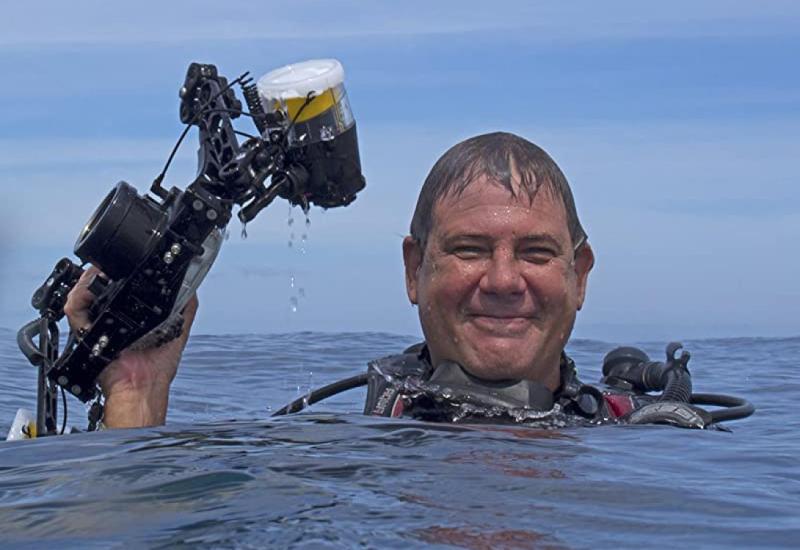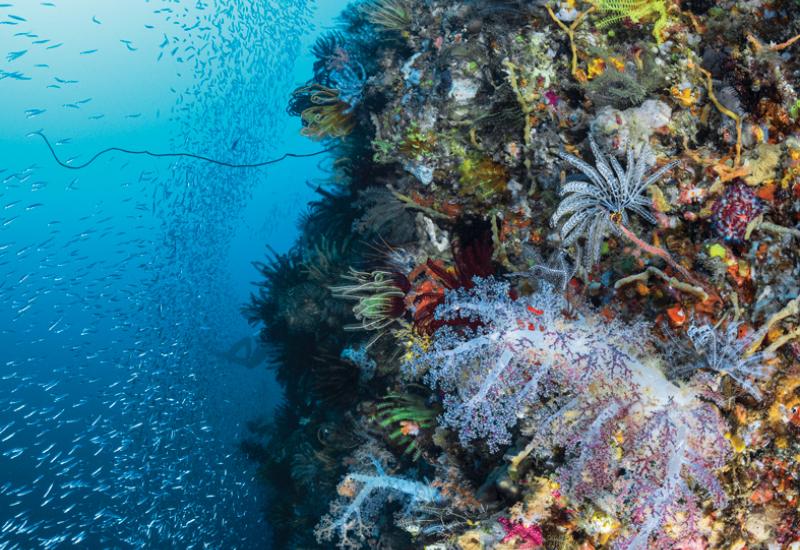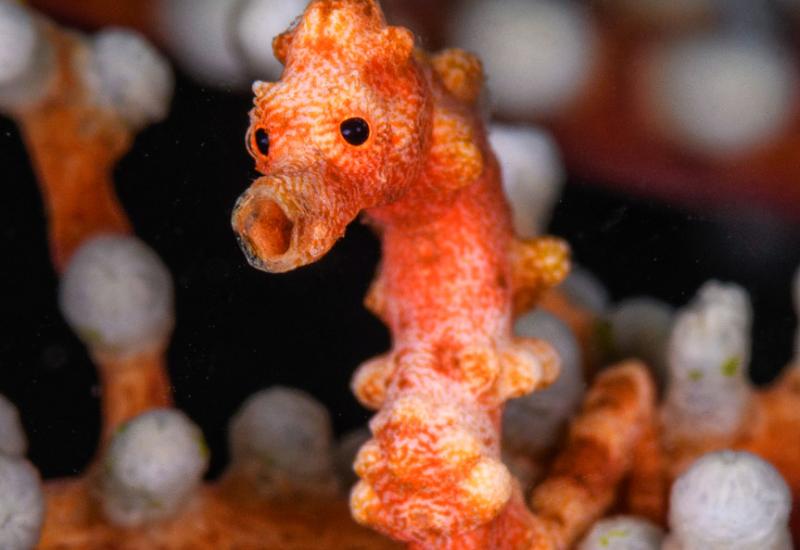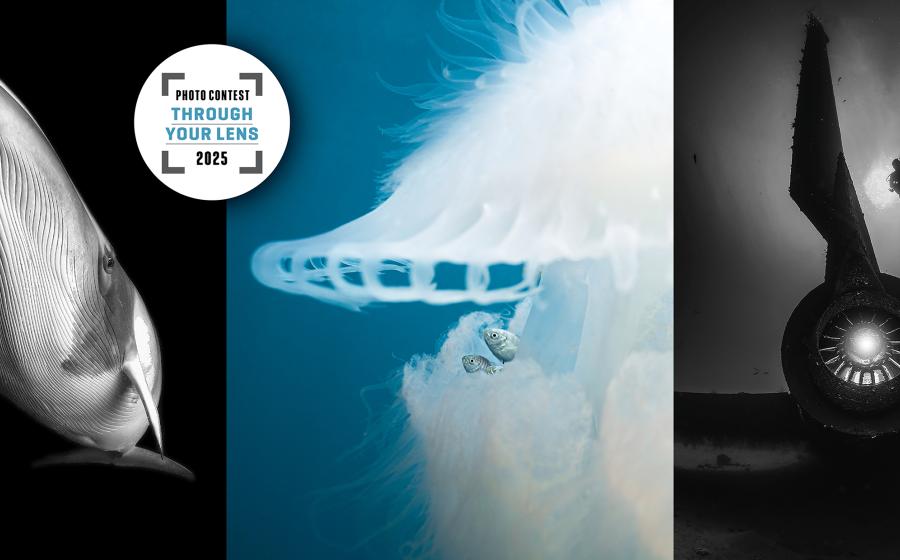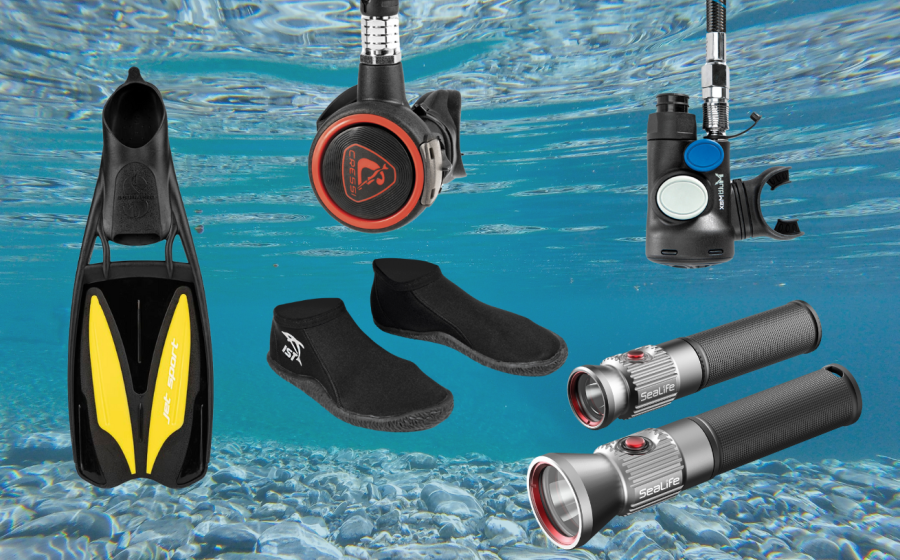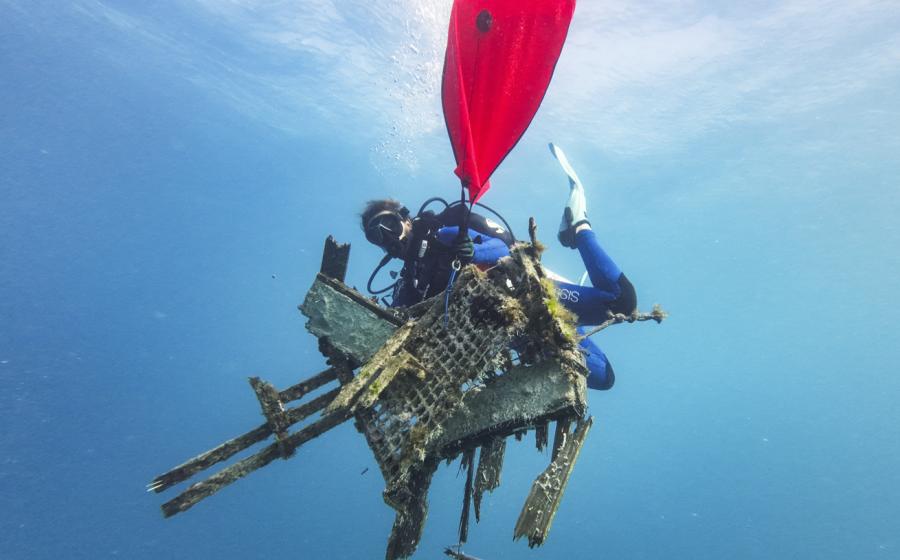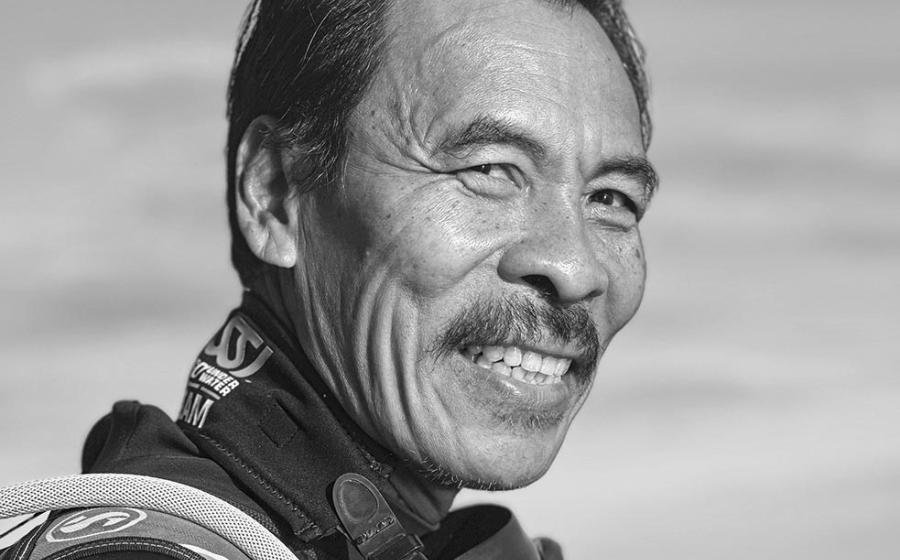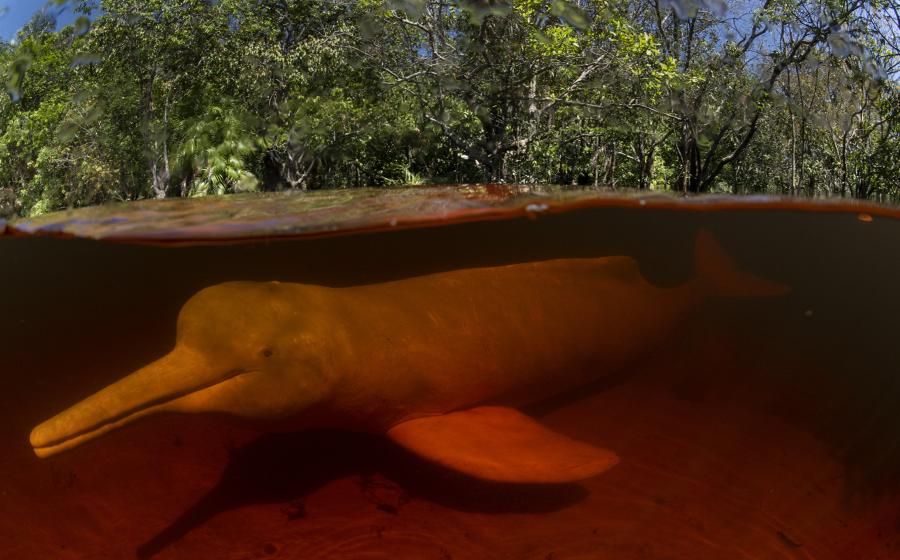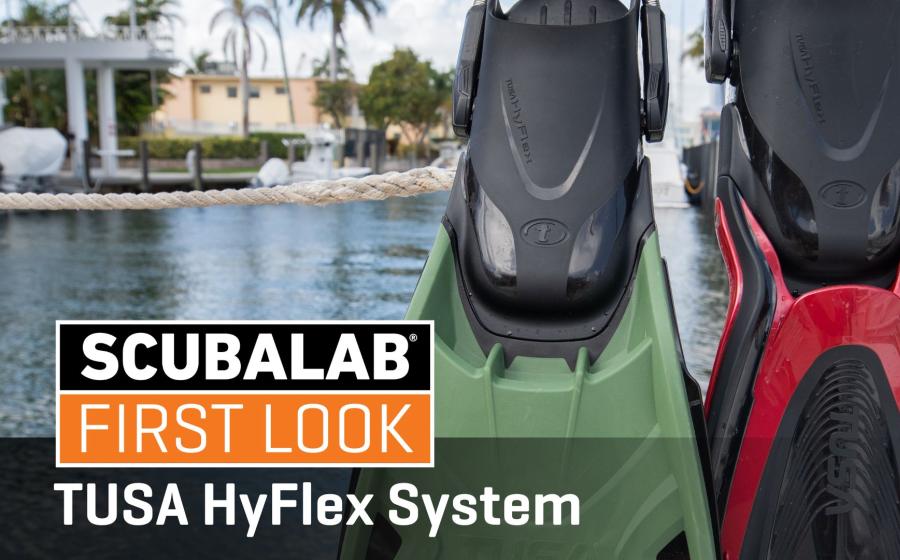Dedicated to Dolphins
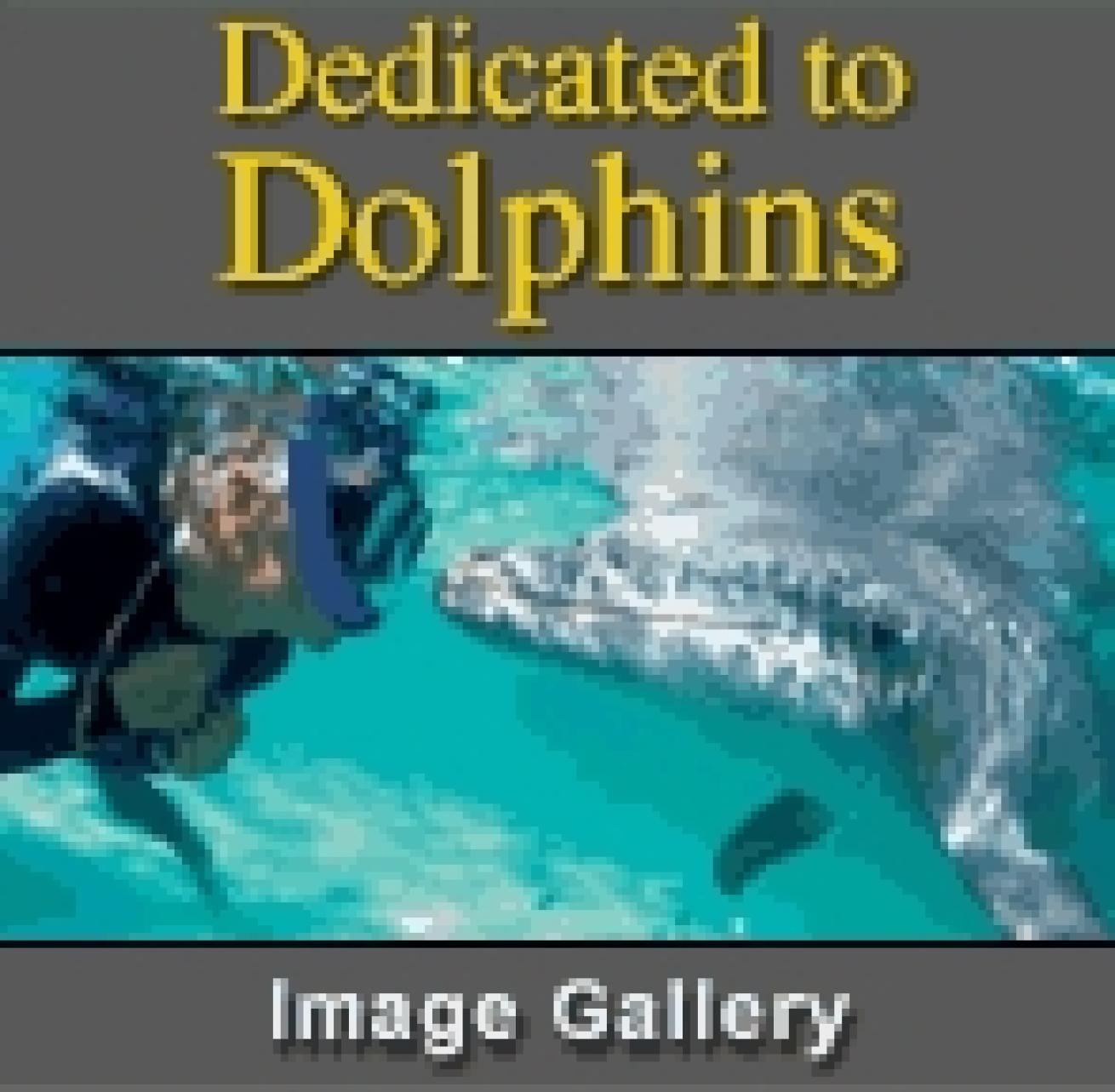
Expand your dolphin knowledge while on vacation As a writer, I have learned that when you want to research something, go to the source. If you want to know more about dolphins, go dive with dolphins. But trying to locate and dive with some of the 67,000 bottlenose dolphins that inhabit the Gulf of Mexico and western Caribbean can be a big task for one person to tackle. That's why I went to Anthony's Key Resort (AKR), a dedicated dive resort that is also a scientific research center for dolphins. I entered the water from the beach for my first dive with the local Atlantic bottlenose dolphins. I could see the swirls on the water's surface in several spots nearby. By the time I was in up to my waist there were a dozen dolphins around me, some of which were mothers with babies. (I know that they are mothers and not fathers because adult females only grow to 6-8 feet long and weigh less than the 8- to 9-foot-long, 600-pound males.) Wearing just snorkel gear, I rolled over on my back to float for a minute while I adjusted my mask. Before I knew what was happening, two dolphins had jumped out of the water and over my floating legs. Play is an important social function for young dolphins, which use it to learn hunting and survival techniques from older members of the pod, the name given to a dolphin social ''family.'' AKR's Roatan Institute for Marine Science (RIMS) is located in the Sandy Bay Marine Reserve, a 10-mile stretch of ocean and reefs near Roatan that is protected from spearfishing, trapping or collecting of any kind. The institute has both a dry lab and wet lab for marine research, as well as a large lecture hall. It serves as a field station for student groups and scientists conducting marine studies. RIMS also performs its own long-term reef monitoring programs that track coral, fish and invertebrate populations. And of course, there are the dolphins, currently 19 of them (many of which were born at the facility), more than any other dolphin facility in the Caribbean. RIMS conducts studies on dolphins - to learn more about them and to teach others what they've learned through several different diver interaction programs, including one for kids.


